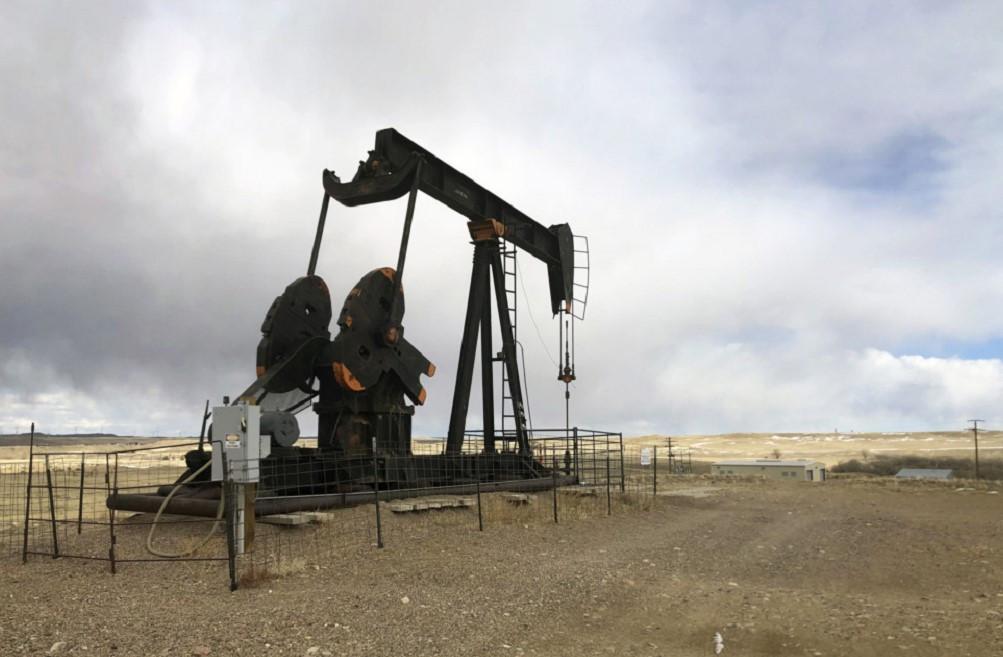
The U.S. government, under pressure to lower gas prices, announced on April 15 that it will resume the sale of leases for oil and gas drilling on federal lands while imposing new conditions, including the first hike in royalties in more than 100 years.
Shortly after coming to office in January 2021, President Joe Biden, who has made fighting climate change one of his priorities during his campaign, had proclaimed a moratorium on grants for new drilling leases on government-owned land and waters, pending a review.
The Interior Department said in a statement that it will auction some 173 parcels representing 144,000 acres (58,275 hectares) in nine states after making several changes.
The parcels represent about 30 percent less land than officials had proposed for sale in November 2021 and 80 percent less than what was originally nominated by the industry.
The administration will also increase the royalties companies much pay on hydrocarbons extracted 12.5 percent - the rate that had been in place for at least a century - to 18.75 percent of profits.
Companies interested in drilling will also have to meet new requirements, such as consultation with Native American tribes and compliance with “best available science” for the analysis of greenhouse gas emissions.
“For too long, the federal oil and gas leasing programs have prioritized the wants of extractive industries above local communities, the natural environment, the impact on our air and water, the needs of Tribal Nations,” said Interior Secretary Deb Haaland, the country’s first ever Native American cabinet minister.
The move comes as the U.S. president faces down record inflation, especially in gas prices, which is eroding his ratings.
He has been taking initiatives in recent weeks aimed at lowering the price of crude oil, including ordering at the end of March the release of oil from the country’s strategic reserve.
The resumption of concessions for oil and gas exploitation on federal lands, however, is not likely to have an immediate impact, as the process can generally taking several years.
Fossil fuels extracted from public lands account for about 20 percent of energy-related U.S. greenhouse gas emissions.
American Petroleum Institute Vice President Frank Macchiarola said officials had removed some of the most significant parcels that companies wanted to drill while adding “new barriers” that would discourage companies from investing in drilling on public lands.
Lease sales and royalties that companies pay on extracted oil and gas brought in more than $83 billion in revenue over the past decade. Half the money from onshore drilling goes to the state where it occurred.
The royalty rate for oil produced from federal reserves in deep waters in the Gulf of Mexico is 18.75 percent. In the November auction that was later canceled, energy companies including Shell, BP, Chevron and ExxonMobil offered a combined $192 million for offshore drilling rights in the Gulf.
New leases that are developed could keep producing crude long past 2030, when Biden has set a goal to lower greenhouse gas emissions by at least 50 percent, compared with 2005 levels.
Economists say a higher royalty rate would have a relatively small effect on global emissions, because any reductions in oil and gas from federal lands would be largely offset by fuel from other sources.